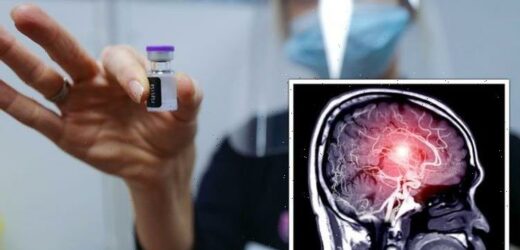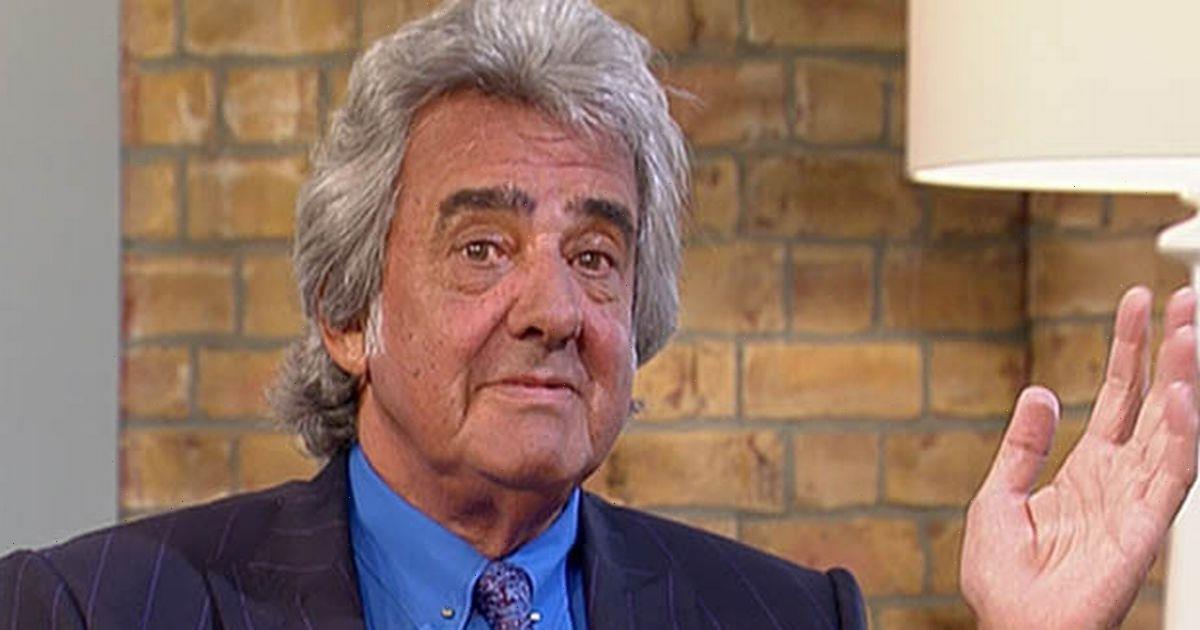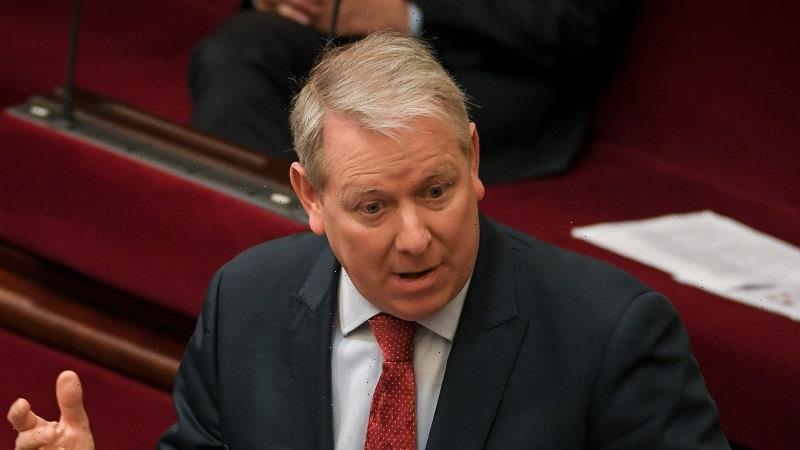Man jailed for pretending to administer a fake Covid-19 vaccine
We use your sign-up to provide content in ways you’ve consented to and to improve our understanding of you. This may include adverts from us and 3rd parties based on our understanding. You can unsubscribe at any time. More info
The COVID-19 vaccine is very safe for the overwhelming majority of people. But, on a few very rare occasions, there have been some cases of blood clotting in the brain. This kind of blood clotting is known as cerebral venous thrombosis (CVT) and it can lead to strokes and even death.
Researchers at University College London have conducted a study of people with CVT following vaccination, to provide a clearer guide for clinicians trying to diagnose and treat such patients.
The research, which is published in The Lancet, is the most detailed account of the characteristics of CVT, when it is caused by the novel condition vaccine-induced immune thrombotic thrombocytopenia (VITT).
Scientists from the John Radcliffe Hospital in Oxford looked at the details of 70 patients with VITT-associated CVT following vaccination.
They compared these patients to 25 patients with CVT but without the evidence of VITT.


Their study provides three principles of treatment established so far by the Expert Hematology Panel.
These include the use of non-heparin-based anticoagulation, administering treatments to try to reduce the level of the abnormal antibody that is implicated in this condition and avoiding the strategy of trying to bring the platelet count back up to normal levels by giving platelet transfusions.
Researchers saw that patients who were given intravenous immunoglobulin, a treatment in which the body is flooded with normal antibodies to try to reduce the effects of the abnormal one, was the most effective.
These patients are able to live an independent life rather than depending on carers or family to look after them.

But researchers caution that though this kind of seem to be associated with better outcomes, one must exercise caution against reading too much into the findings of the observational study.
They want to now progress to a randomised clinical trial to confirm their results.
It comes after a recent population-based study commissioned by the European Medicine Agency (EMA) found that blood-clotting events after receiving the AstraZeneca vaccine were the same or less frequent than for those who received the Pfizer mRNA vaccine.
In March, concerns were been raised over blood-clotting events associated with the AstraZeneca vaccine.
One month later, the safety committee of the EMA concluded that there may be a link between the AstraZeneca vaccine and very rare cases of unusual blood clots.


These rare blood clots occurred in veins in the brain, the abdomen and in arteries, in combination with low levels of blood platelets.
The announcement came on the heel of dozens of European countries, including Germany and France, suspending their use of AstraZeneca.
French President Emmanuel Macron openly denigrated the AstraZeneca vaccine in January, calling it “quasi-ineffective”.
The repercussions are said to have had a disastrous impact on the European and the global vaccination campaign.
Source: Read Full Article


